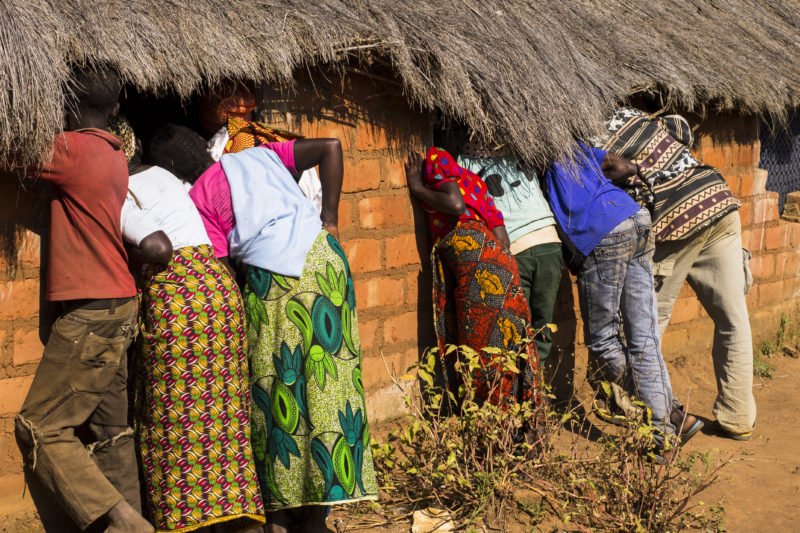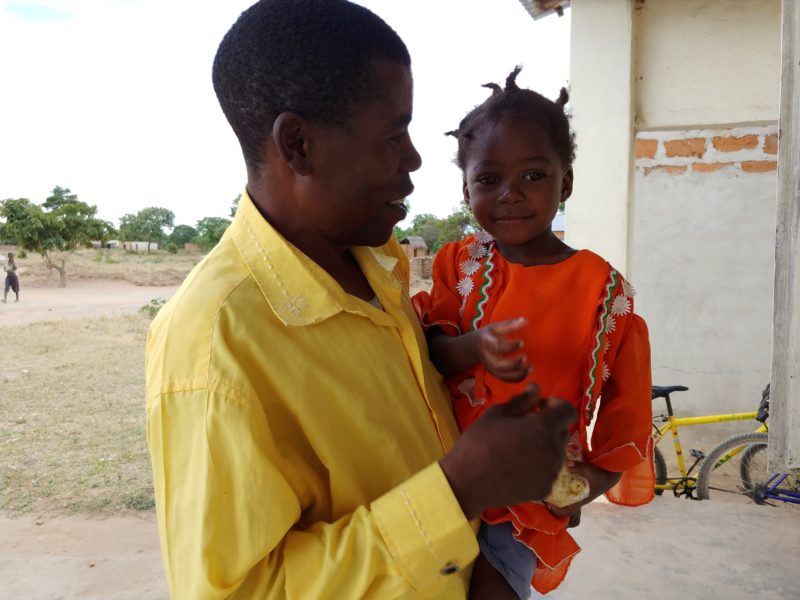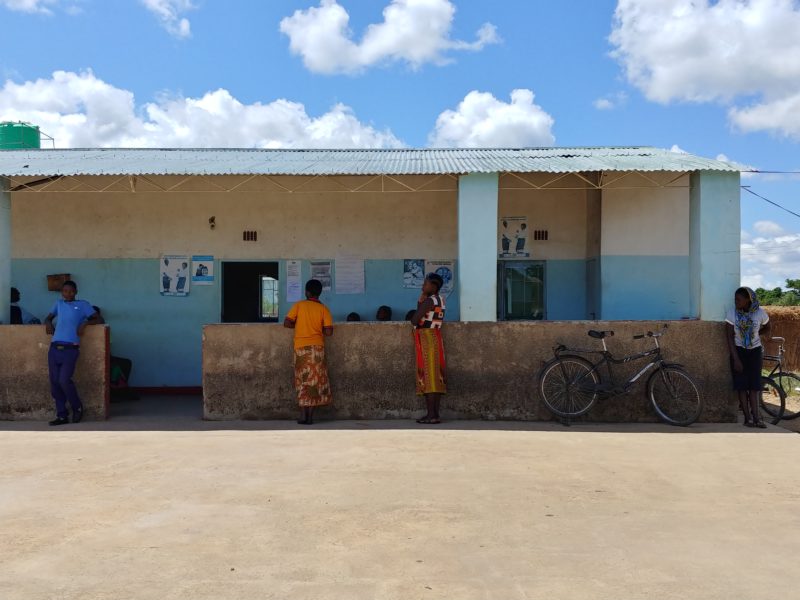Serenje Film Screening Research Project – Exploring the gender-specific impact of educational film on maternal and child health in rural Zambia.
Medical Aid Films is pleased to present our latest research paper ‘Exploring the gender-specific impact of educational films on maternal and child health knowledge and behavior: a qualitative study in Serenje district, Zambia’, recently published in the International Quarterly of Community Health Education (IQCHE).
Researchers from University of Zambia’s School of Public Health interviewed community members and health workers involved in Medical Aid Films & Ministry of Health film screening outreach project to explore responses to educational film and perceptions of the effectiveness of the film intervention.
Maternal and child health screening project
Zambia has high maternal and neonatal mortality rates. Some of the reasons for this include a lack of awareness of danger signs, not attending antenatal care and low skilled birth attendance.

The Serenje film screening project aims to address these challenges, firstly by empowering the local community with information around the importance of antenatal care. The project also trialled a new channel for communicating health information, beyond the traditional health worker and pregnant woman antenatal/ postnatal relationship.
Bemba language films were screened every month at each health post as part of health education outreach sessions. An average of 4,359 people attended – far larger than expected and attracting large numbers of male viewers.

Study findings and recommendations
The study found that educational films have the potential to improve women’s and men’s knowledge and awareness of maternal and child health topics, and to inform and influence men around their role in supporting their wives’ and children’s health.
Responses from both community and health workers also showed that they valued the visual nature of the communication that was more engaging, relevant and effective compared to traditional health education.
Recommendations include creating new films, including dedicated male involvement content, integrating and scaling up the project and conducting more research to ensure that male involvement content encourages men to participate whilst not undermining women’s autonomy and choices.

People of the project (short films)
Further information
View the accepted (pre-publication) paper here
View the published paper here (you will need individual or institutional access to the IQCHE journal)
Wakelet (consensed, easy-to-read summary of the project)